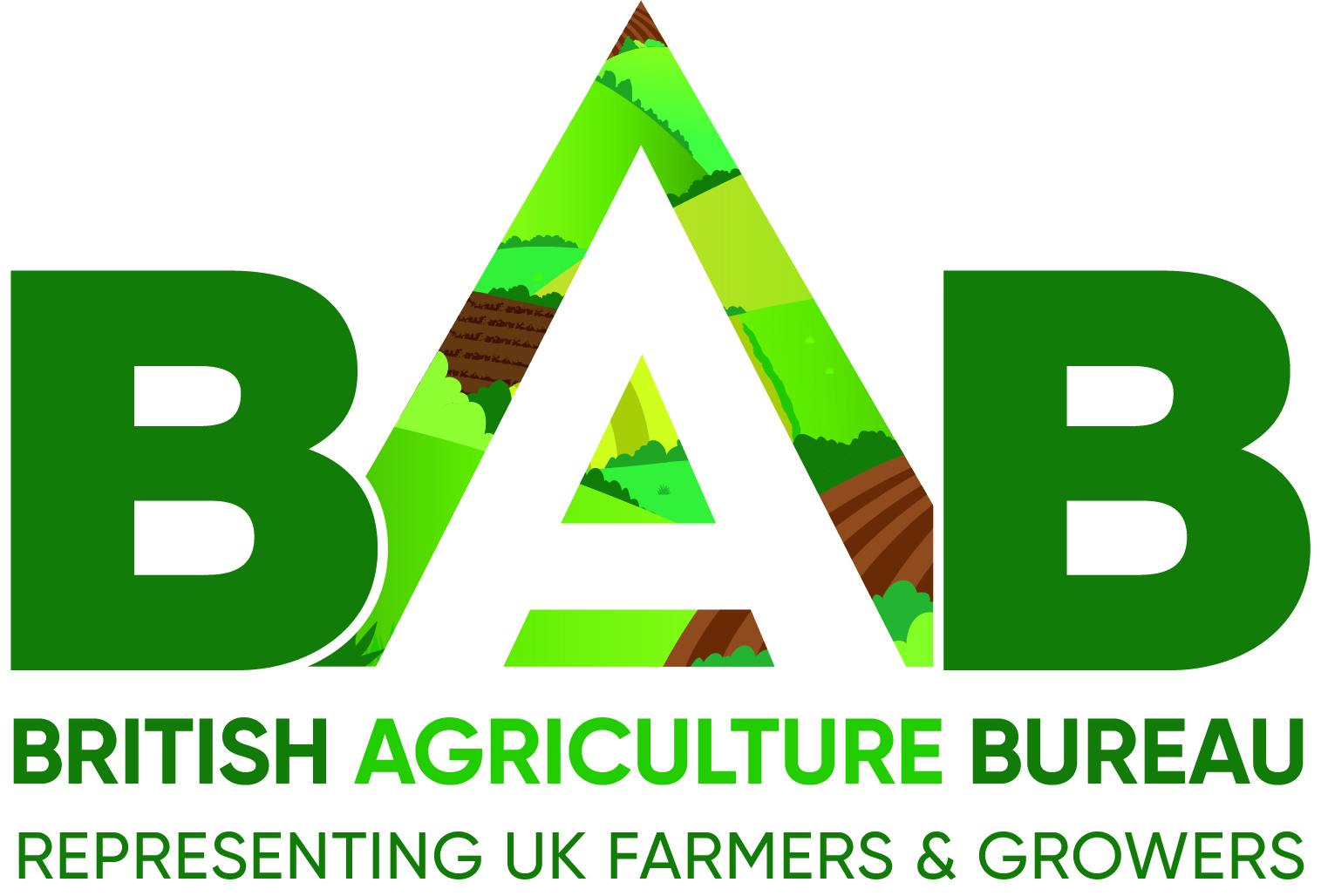
Beef and lamb committee pictured with Dunbia representatives at the most recent meeting with NI meat processors.
Commodity watch by policy officer Kellie Rouse.
The beef and lamb committee held an emergency meeting in July to discuss the rapidly changing prices of beef and lamb. In mid May beef prices were performing well with prices up and around £5/kg. Beef farmers were generally happy with this price which was needed to sustain the high input costs (feed, fertiliser and fuel). However, following this, beef prices began to fall each week continuously. During this time lamb prices also began dropping significantly each week. Therefore, the beef and lamb committee took it upon themselves to begin investigating where the price drop was coming from. Despite recent falls in some input costs, they still remained high, and the committee felt they needed to know more about the meat supply chain to understand why farmers’ beef and lamb prices were dropping so quickly.
The committee decided to meet with all Northern Ireland (NI) meat processors, supermarkets and meat wholesalers to gain a better understanding of the meat supply chain. The committee also gained a new policy officer Kellie Rouse, and the meetings provided a great opportunity for her to get to know these businesses better. The committee met three NI meat processing businesses, ABP, Foyle Meats and Dunbia.
During the meetings the meat processors were not overly optimistic for the long term forecast of meat prices. One processor even suspected beef going as low as £4.20. Fortunately, this has not happened with beef prices seemingly to have bottomed out in the last couple of weeks. Beef prices have been increasing steadily with most processors commenting on the shortage of cattle currently. The Ulster Farmers’ Union (UFU) is glad to see beef prices increasing after farmers faced a disastrous summer of weather with many cattle housed earlier this year than usual.
The UFU’s main question for all meat processors was, “Why was beef and lamb prices dropping?” Processors told us that retailers were struggling to sell expensive beef and lamb. During a cost-of-living crisis with rising interest rates, consumers do not have the same budget to purchase meat. Meat is the most expensive item in a consumer’s basket. Many consumers were reducing their meat consumption or moving to alternative cheaper protein sources such as chicken and pork. The processors also commented that they had struggled to sell trim over the summer months due to the bad weather and therefore had backlogged cold stores that needed to be sold first. The factories also highlighted that the value in hides, skins and fifth quarter were all down significantly. Processors also commented that the new trade deals with Australia and New Zealand were not causing significant problems currently but potentially could in the future. Processors also commented that lamb consumption in NI was significantly small and that they relied heavily on export markets for lamb.
The beef and lamb committee would like to thank ABP, Foyle Meats and Dunbia for taking part in the meetings and for creating transparency into the meat supply chain. Over the next coming months, the beef and lamb committee will continue to meet with NI supermarkets and meat wholesalers, to continue getting a better understanding of our meat supply chain. We once again would like to encourage everyone to support local NI beef and lamb and encourage family and friends to do the same.




